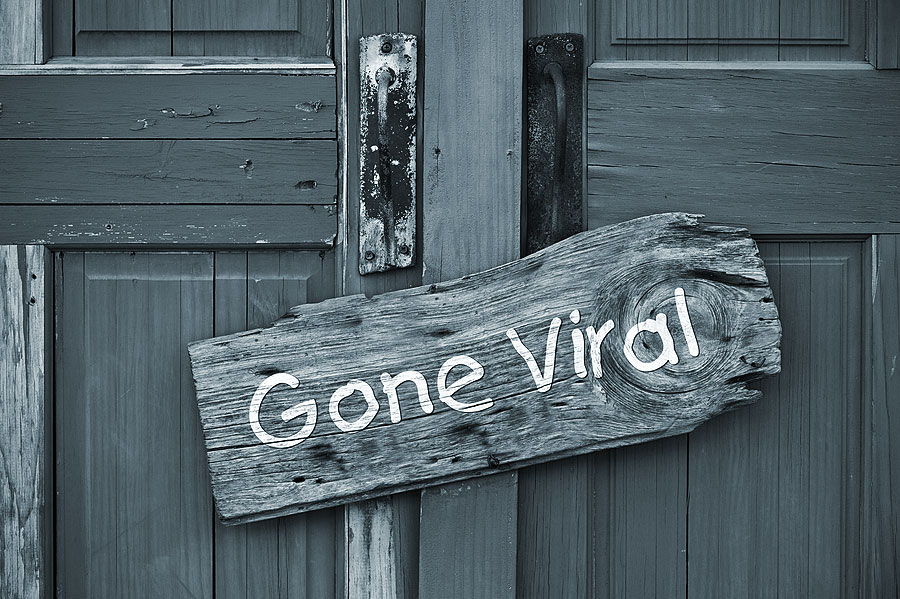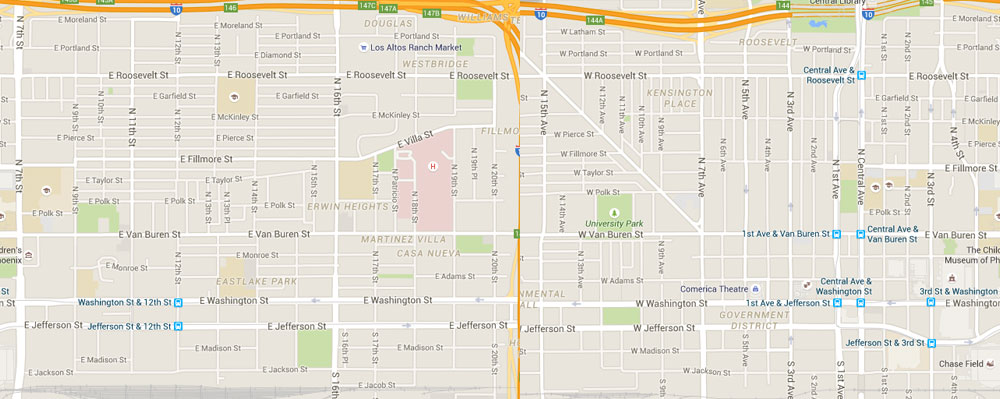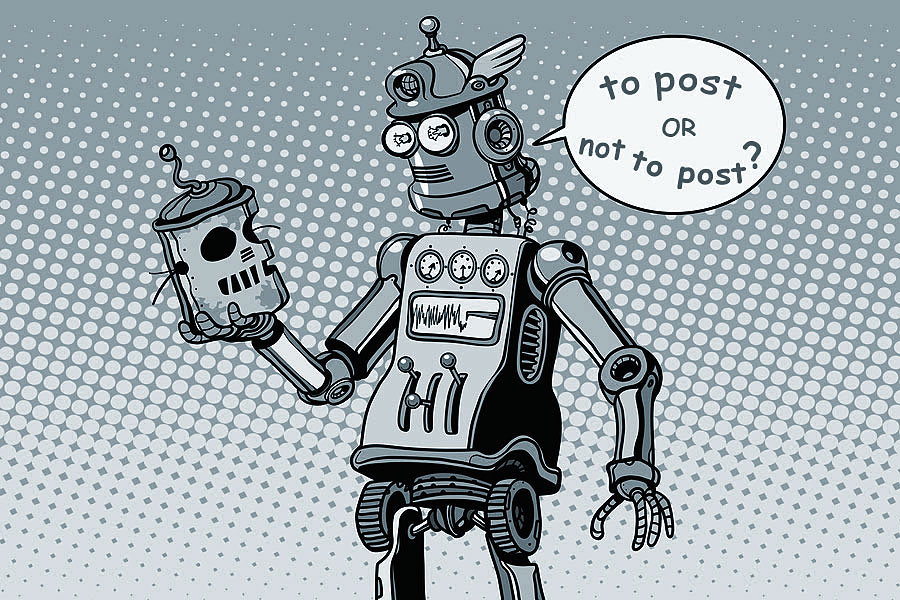
A Few Myths About Facebook Posts
Facebook is now a vital platform for small and medium enterprises (SME). Facebook has roughly 2 billion (yes, with a B) registered users. It seems like everyone who owns a computer has a Facebook profile. That may be an exaggeration, but only slightly. With nearly 1.4 billion daily active users as of the 3rd quarter of 2017, Facebook is the largest and arguably most important social media network in the world.
Now, when it comes to Facebook there are a ton of different ways to advertise and promote your business and one of the most effective ways is to boost your post. By throwing a bit of money at your posts to boost them, you can greatly increase the size of the audience that they reach. However, that doesn’t mean you should boost every post.
Confused? Don’t worry. We are going to clear that up by discussing some advanced Facebook social media strategies and dispelling some Facebook myths as well.
Every Single Facebook Post Should Be Boosted
First, before you even try to boost a post, make sure you review Facebook’s ad policies, because some posts aren’t eligible for boosting. However, just because a post is qualified doesn’t mean it should be boosted. Eligibility is a necessary, but not sufficient requirement.
Let’s look at what posts should be boosted by going through this simple “qualification” list. Going back to the first point, don’t think of this list as sufficient, however, if the post checks off all of the following marks, it is definitely promising.
1. Is there a concrete purpose behind the post?
2. Does the post have a strong, clear call to action?
3. Is the post linked to something value-added, such as a great landing page?
4. Will the post generate sales or achieve other measurable goals?
If the post meets all of the above criteria, it definitely has potential. If not, you should examine the post to see if it can be redone to achieve all of the above.
If a post doesn’t achieve all of the above, but meets at least one of the criteria, it still may be worth boosting. If it meets none of the above, 99 times out of 100, boosting it will be a bad idea and waste of resources.
The most important consideration here is the customer relationship. Will the post give a person a reason to be a customer? Will the post increase the chances of them buying your product?
Traffic is an End In-and-Of Itself
There’s a saying that all publicity is good publicity, but if you ask a public relations professional, they’ll quickly distance themselves from that claim. A lot of bad publicity is bad publicity and in a similar way, not all traffic is good traffic.
The highest quality traffic is traffic with a purpose and for the digital marketer that means traffic that accomplishes goals and ends. This might mean increasing sales, or it could mean clicking on ads. If your boosted Facebook status update gets a ton of likes, but doesn’t create a single conversion or achieve any goals, its impact will be limited. Keep that in mind as you’re measuring and driving traffic. This is especially true if you’re paying for that traffic.
Every Piece of Content Should Be Boosted on Facebook
Did you just put together some fantastic content? Awesome! Content makes the World Wide Web go around. Once you get that content created, the temptation to boost it can often be very high indeed and in many cases, boosting that new blog post or great tutorial video, or whatever else is a great idea.
“Many cases,” however, does not mean “every case.” Before boosting your content, first ask yourself what that content will do for your business; you want the content to advertise or promote your business, even if it’s subtle. There should also usually be a call-to-action or “CTA”.
A digital marketing expert promoting him or herself, for example, might create a great article on social media management. At the end of the article, there could be a link with a contact email or form, and the simple statement “Get in touch for further tips!”
When it comes to selecting content to boost, select your best content. Sometimes an article will simply come together and add more value to readers than other articles. The better the content, the bigger your boost budget should be.
You should also look at current market conditions and trends. If Instagram is the hot topic of the week and you have Instagram related content, consider boosting it. Being timely and tuned in can help increase traffic, and when done right, conversions.
The highest quality traffic is traffic with a purpose and for the digital marketer that means traffic that accomplishes goals and ends. Click To TweetFacebook Boosts are Better Than Ads
Nope, at least, not in all cases. Facebook boosts are simple to set up, easy to manage and they can be very effective. In many cases, Facebook boosts are the best choice, but as with everything else we have gone over, there are no absolute rules.
Facebook ads can also be very effective, but often it takes a bit more effort to fine-tune an ad campaign. Facebook’s ad platform offers more options for fine tuning your targeting efforts, furthermore the tools and options that are provided with boosted posts are often a bit more clunky and hard to use. The Facebook ad tools on the other hand, are generally quite easy to use.
Boosted posts usually reach people who like and follow your page, and the friends of people who do so, but ads make it much easier to reach an even wider and also more targeted audience. As such, in many (but not all) cases, ads are actually more effective than boosted posts. Furthermore, ads can be paid for per click, so if the ads aren’t producing clicks, you don’t have to pay for them.
Facebook Is, Bar-None, the Best Social Media Platform
There are so many millions and billions of people on Facebook and targeting them is very easy, since Facebook boosts are so simple to carry out; after all it’s just a few clicks. Facebook is the best social media platform and Facebook boosts provide the best ROI, right? This is true in many, but not all cases.
Some social media platforms may be more relevant to your business. For example, b2b businesses will often find more success on Linkedin. Business professionals spend more time on Linkedin and often when they are on Facebook, it’s because they want to get away from business as usual.
As with every aspect of Facebook and social media marketing, you have to consider your company, services/products, and, at the very least, your customers/audience. Then you have to figure out how to best sell your company and its services to your customers.
Conclusion: Facebook is Great When Used Wisely
Let’s cut to the chase. Facebook is a fantastic tool for marketers, however, results are maximized. You need to think about every dollar you spend, every post you put up, and every ad you run. Closely consider your business and its goals, then figure out how you can best use Facebook to achieve those goals.
Finally, if you hear something, like “Facebook ads are way better than boosted posts,” don’t assume that it’s true. Instead, do some research and consider you and your company’s specific substances. Follow this advice and you’ll be off to a great start.















